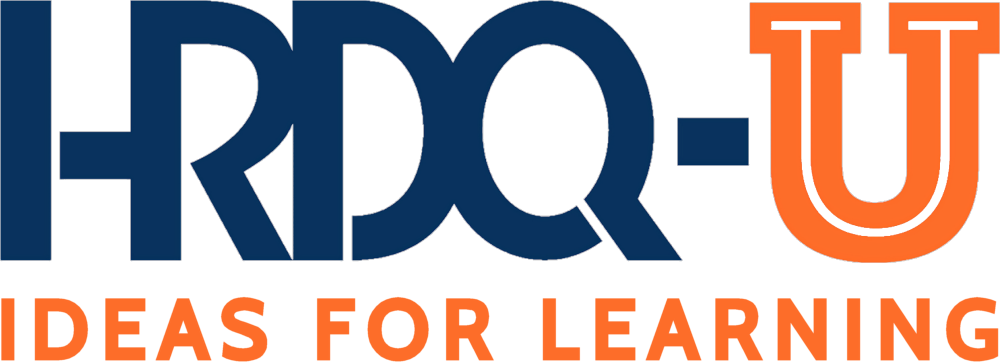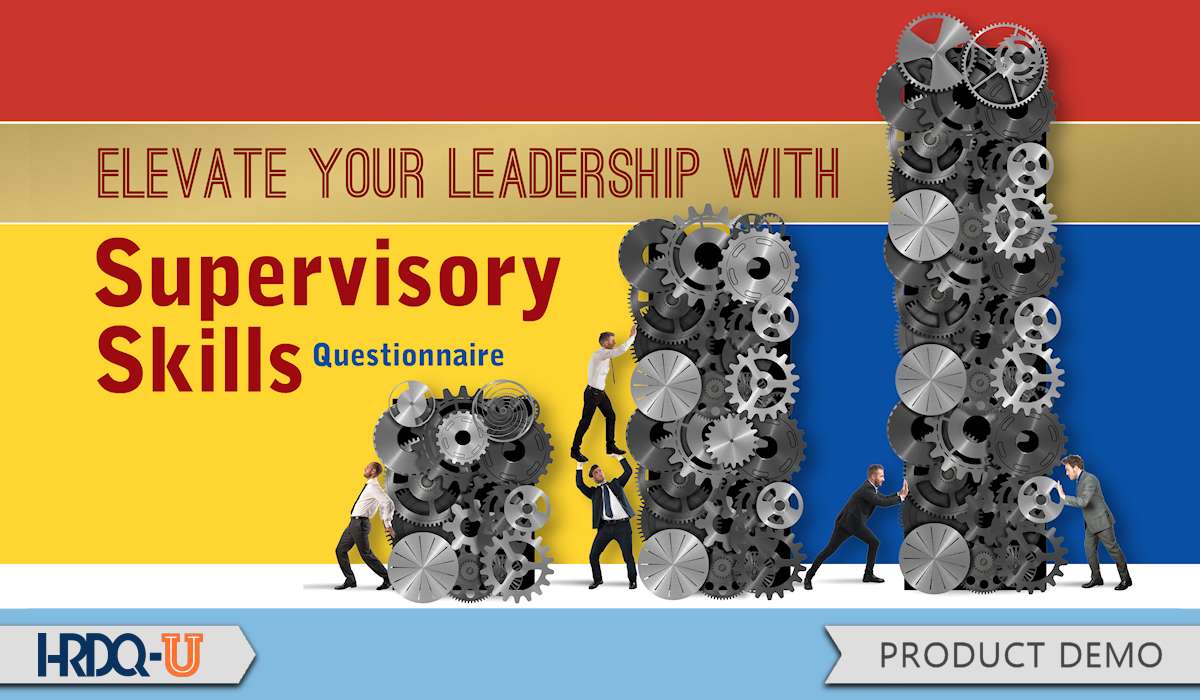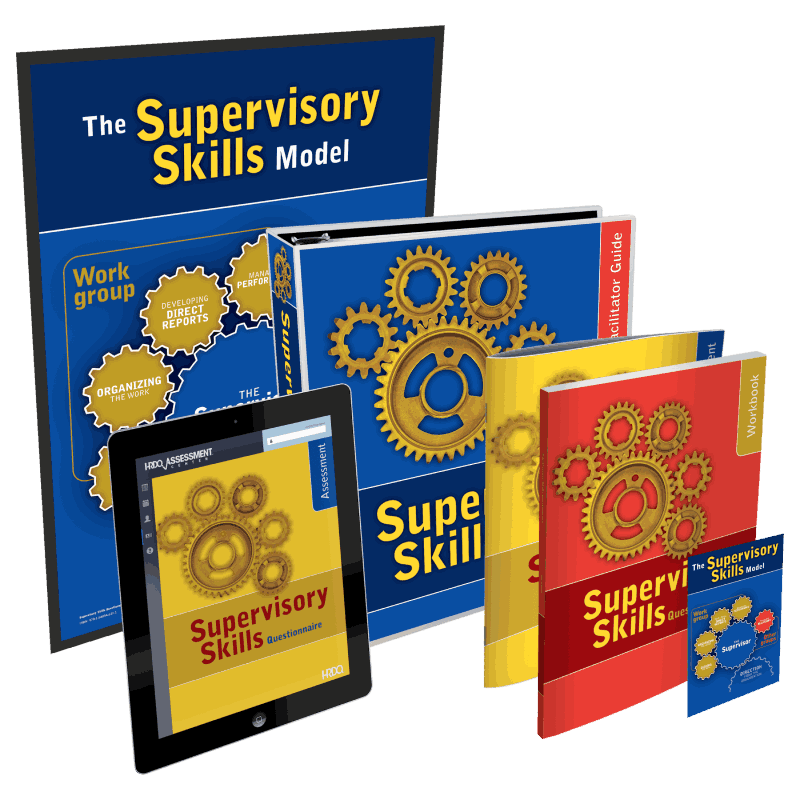How Important Is the Role of a Supervisor in the Workplace?
It’s essential to understand the critical role supervisors play within an organization. Supervisors are typically responsible for managing a team of employees, overseeing their work, providing guidance, and ensuring that tasks are completed on time and to the required standard. They serve as a link between upper management and the workforce, translating strategic goals into actionable tasks.
Some of the key responsibilities of a supervisor include:
- Delegating tasks: Assigning work to team members based on their skills, experience, and workload.
- Monitoring performance: Ensuring that employees meet performance standards and deadlines.
- Providing feedback: Offering constructive criticism and praise to help employees improve their performance.
- Problem-solving: Addressing issues that arise within the team, such as conflicts, performance problems, or resource shortages.
- Ensuring compliance: Making sure that team members adhere to company policies, safety regulations, and industry standards.
Given these responsibilities, it’s clear that supervisors need supervisory skills training that equips them with a diverse skill set to succeed in their roles.
Supervisory skills can be broadly categorized into three areas: technical skills, interpersonal skills, and conceptual skills. While the specific skills required may vary depending on the industry and organization, certain core competencies are universally important.
Technical Skills
Technical skills refer to the knowledge and expertise required to perform specific tasks or use particular tools and technology. For supervisors, technical skills are important for several reasons:
- Understanding the work: Supervisors need to have a solid grasp of the tasks their team is responsible for. This allows them to provide guidance, set realistic expectations, and identify areas for improvement.
- Training and development: Supervisors are often responsible for training new employees or helping existing employees develop new skills. A strong technical background enables them to provide effective instruction and support.
- Problem-solving: When technical issues arise, supervisors need to be able to diagnose the problem and either solve it themselves or guide their team in finding a solution.
While technical skills are essential, they are not enough on their own. Supervisors must also possess strong interpersonal skills to effectively manage their teams.
Interpersonal Skills
Interpersonal skills, also known as soft skills, are the abilities required to communicate and interact effectively with others. These skills are critical for supervisors, who must build strong relationships with their team members, resolve conflicts, and foster a positive work environment. Key interpersonal skills for supervisors include:
- Communication: Clear and effective communication is perhaps the most important skill for supervisors. They need to be able to convey instructions, provide feedback, and listen to the concerns of their team members. Good communication helps prevent misunderstandings and ensures that everyone is on the same page.
- Emotional intelligence: Supervisors must be able to recognize and manage their own emotions as well as the emotions of others. This skill is crucial for resolving conflicts, providing support during challenging times, and maintaining a positive team dynamic.
- Empathy: Empathy allows supervisors to understand and relate to the feelings and perspectives of their team members. This fosters trust and strengthens the supervisor-employee relationship, leading to increased job satisfaction and productivity.
- Conflict resolution: Disagreements and conflicts are inevitable in any workplace, and it’s the supervisor’s job to address them constructively. Strong conflict resolution skills help maintain a harmonious work environment and prevent small issues from escalating into larger problems.
Conceptual Skills
Conceptual skills involve the ability to think strategically, analyze complex situations, and make sound decisions. These skills are important for supervisors because they enable them to see the big picture and make decisions that align with the organization’s goals. Key conceptual skills include:
- Decision-making: Supervisors constantly face decisions, from how to allocate resources to how to handle performance issues. Good decision-making skills allow them to evaluate the options, consider the potential consequences, and choose the best course of action.
- Strategic thinking: While supervisors often focus on day-to-day operations, they also need to be able to think strategically and consider how their decisions will impact the long-term success of the organization.
- Problem-solving: Supervisors are frequently called upon to solve problems, whether it’s a technical issue, a personnel problem, or a process inefficiency. Strong problem-solving skills enable them to identify the root cause of an issue and implement effective solutions.
The skills outlined above are not just nice-to-have qualities; they are critical for the success of the organization. Effective supervision can have a significant impact on various aspects of an organization, including employee performance, team morale, and overall productivity. Supervisory skills training can be critical in ensuring that your supervisors are prepared to lead.
What About Employee Performance?
With regard to employee performance, one of the primary responsibilities of a supervisor is to ensure that employees perform their jobs effectively. A good supervisor sets clear expectations, provides regular feedback, and offers support when needed. This helps employees understand what is expected of them and how they can improve, leading to better performance and higher-quality work.
In addition, supervisors play a key role in employee development. By identifying areas for growth and providing opportunities for training and development, supervisors help employees build new skills and advance in their careers. This not only benefits the individual employees but also contributes to the overall success of the organization by creating a more skilled and capable workforce.
Team morale is a critical factor in determining the overall productivity and success of a team. When employees feel supported, valued, and engaged, they are more likely to be motivated and committed to their work. Effective supervisors play a crucial role in fostering a positive work environment by
- Building strong relationships: Supervisors who take the time to build rapport with their team members and show genuine interest in their well-being are more likely to earn their trust and respect. This creates a more cohesive and collaborative team dynamic.
- Recognizing and rewarding good work: Acknowledging and celebrating employees’ accomplishments helps boost morale and reinforces positive behavior. Supervisors who regularly recognize their team’s hard work create a culture of appreciation and motivation.
- Providing support: Employees are more likely to feel engaged and motivated when they know their supervisor is there to support them. Whether it’s offering guidance on a difficult task or providing emotional support during challenging times, supervisors who are attentive to their team’s needs contribute to a positive work environment.
Productivity is also extremely important. Ultimately, the effectiveness of a supervisor can have a direct impact on the productivity of the team. A well-supervised team is more likely to complete tasks efficiently, meet deadlines, and produce high-quality work. This, in turn, contributes to the overall success of the organization.
Supervisors who participate in supervisory skills training and develop strong technical, interpersonal, and conceptual skills are better equipped to manage their teams effectively. They can delegate tasks appropriately, provide guidance and support, and make strategic decisions that enhance productivity. In contrast, poor supervision can lead to confusion, inefficiencies, and low morale, all of which can negatively impact productivity.
Supervisors Have to Continually Develop and Sharpen Their Skills
Given the critical role that supervisors play in an organization, they must continue to develop their skills throughout their careers. The workplace is constantly evolving, and supervisors need to stay up-to-date with new trends, technologies, and best practices. Continuous development allows supervisors to
- Adapt to changes: Whether it’s new technology, changes in industry regulations, or shifting organizational priorities, supervisors need to be able to adapt to changes in the workplace. Ongoing training and development help them stay current and ensure that they can continue to lead their teams effectively.
- Improve their skills: No matter how skilled a supervisor may be, there is always room for improvement. Continuous development allows supervisors to refine their existing skills and learn new ones, making them more effective leaders.
- Enhance their career prospects: Investing in their own development not only benefits the supervisor’s current team and organization, but it also enhances their career prospects. Supervisors who continuously develop their skills are more likely to advance to higher-level management positions.
Organizations can support the development of their supervisors by offering training programs, mentorship opportunities, and access to resources such as industry conferences and professional development courses. By investing in the growth of their supervisors, organizations can ensure that they have strong leaders who are capable of driving success.
Are There Challenges in Developing Supervisory Skills?
Despite the importance of supervisory skills, developing these skills can be challenging. Supervisors often face several obstacles that can hinder their ability to effectively manage their teams.
Balancing Multiple Responsibilities
Supervisors are often tasked with balancing multiple responsibilities, from overseeing their team’s work to handling administrative tasks to addressing employee issues. This can make it difficult to find the time to focus on their own development or to provide the level of support their team needs. Effective time management and delegation skills are critical for supervisors to balance their responsibilities and ensure that nothing falls through the cracks.
Dealing with Conflict
Dealing with conflict is a common challenge for supervisors as well, and it can be difficult to know how to address these situations in a way that is fair and constructive. Conflict resolution requires strong interpersonal skills and emotional intelligence, as well as the ability to remain calm and objective in tense situations.
Although the supervisory role can be challenging and sometimes stressful, HRDQ has just the right supervisory skills training program that equips supervisors with the necessary skills to perform their responsibilities. The Supervisory Skills Questionnaire will prepare supervisors at all levels for success and offers a wide range of learning options. The latest edition is now available with an updated design and multiple new features. Your supervisors will be fully prepared for the performance demands that come with their role.



























